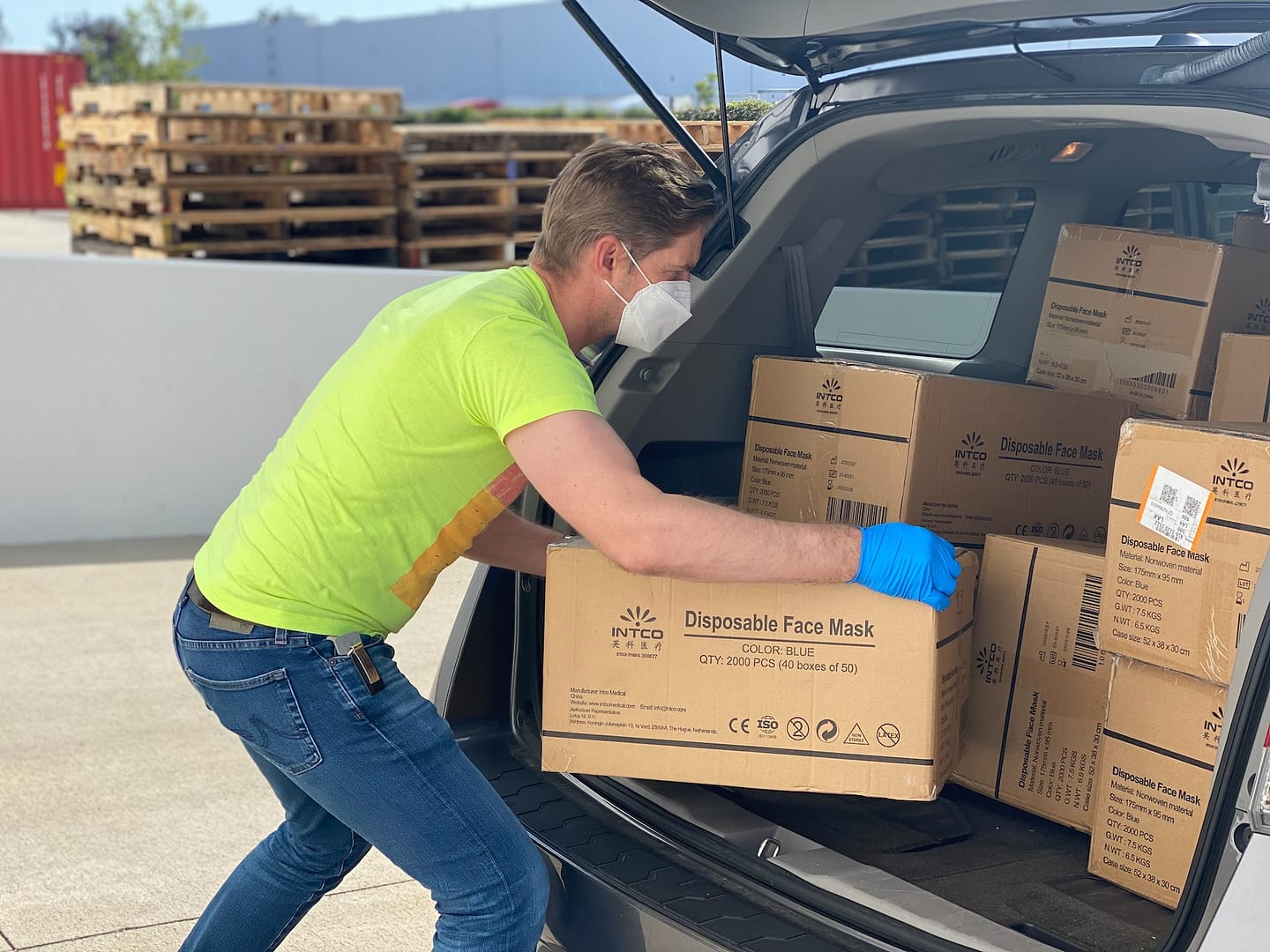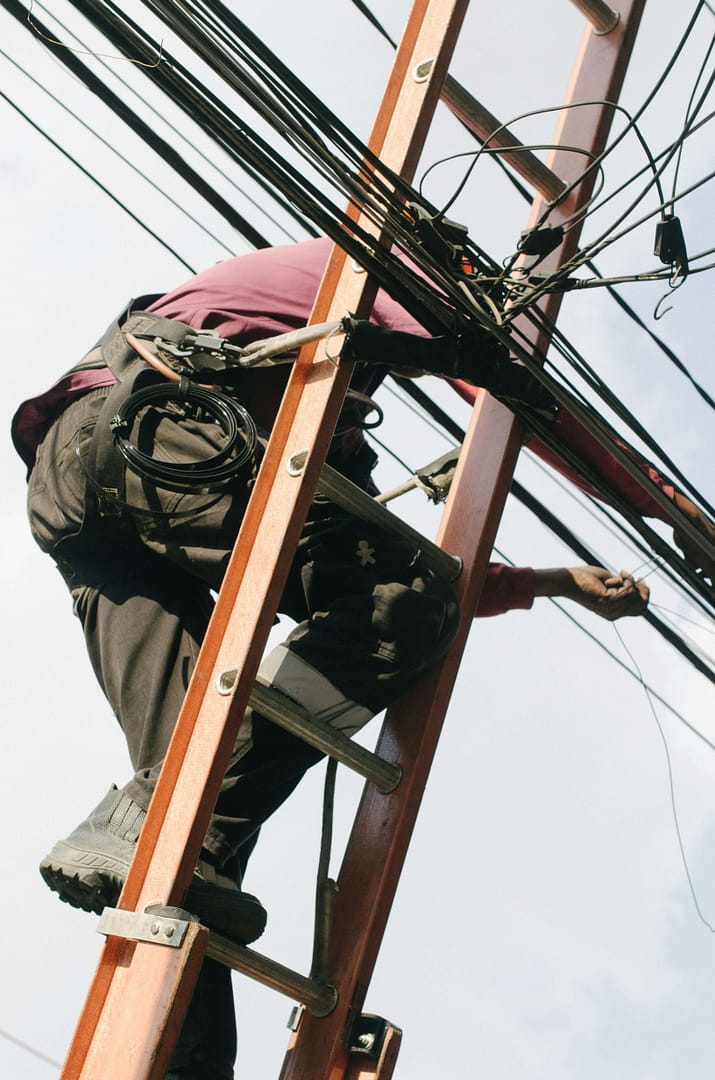Work-related musculoskeletal disorders (WRMSDs) have become increasingly common in today’s fast-paced work environments, affecting individuals across various professions. As we navigate through our daily tasks, the risk of developing these disorders looms, stemming from repetitive movements, poor posture, and prolonged periods of physical activity. Let’s delve into the intricacies of WRMSDs, explore practical strategies to recognise and avoid potential hazards, and understand the importance of a proactive approach to musculoskeletal health.
Understanding the Risks
Work-related musculoskeletal disorders encompass a range of conditions affecting the muscles, bones, tendons, ligaments, and other components of the musculoskeletal system. These disorders, including back pain, carpal tunnel syndrome, and tendonitis, can impact anyone involved in tasks requiring repetitive actions or prolonged physical exertion. The risks are not confined to specific professions; they permeate various job roles, emphasising the need for awareness and preventive measures.
To recognise the risks associated with WRMSDs, it’s crucial to assess the ergonomics of your workspace. Consider the nature of your tasks, the design of your workstation, and the duration of your physical activity. Repetitive movements, poor posture, and inadequate workplace design can contribute to the development of musculoskeletal issues, making it imperative to identify potential risks early on.
Recognizing the Warning Signs
Early detection of work-related musculoskeletal disorders is essential for preventing long-term health issues. Symptoms such as stiffness, discomfort, pain, or numbness in specific areas of the body should not be ignored. Paying attention to these signals and addressing them promptly can mitigate the risk of more severe musculoskeletal problems down the line.
It’s common for individuals to dismiss minor discomfort as a result of stress or fatigue. However, these seemingly minor issues may be precursors to more significant musculoskeletal challenges if left unattended. Recognising the warning signs and seeking professional advice when needed is crucial for maintaining musculoskeletal health.
Ergonomics: Your Ally in Prevention
Prioritising ergonomics in your workspace is one of the most effective ways to prevent work-related musculoskeletal disorders. Whether you’re in an office, a factory, or a healthcare setting, ergonomic considerations can significantly reduce the strain on your body. Investing in ergonomic furniture and equipment, maintaining proper desk height, and incorporating regular breaks to stretch are all integral components of a preventive approach.
Exercise and Conditioning
A key aspect of preventing work-related musculoskeletal disorders is maintaining a healthy lifestyle. Regular exercise contributes to building strength, flexibility, and endurance—essential components of a resilient musculoskeletal system. Simple exercises targeting areas prone to strain, such as the neck, shoulders, and lower back, can make a significant difference in preventing WRMSDs.
Breaks: More Than Just a Pause
In the midst of a busy workday, taking breaks may seem like a luxury, but they are essential for preventing fatigue and reducing the risk of musculoskeletal disorders. Scheduled breaks provide opportunities to stand up, stretch, and change your body position, allowing your muscles to relax and minimising the strain caused by repetitive tasks. Embracing the concept of micro-breaks can have a macro impact on your long-term musculoskeletal health.
Seeking Professional Guidance
If you’re unsure about the ergonomics of your workspace or if you’re experiencing persistent discomfort, seeking professional guidance is advisable. Occupational therapists or ergonomics experts can assess your work environment and provide tailored recommendations to reduce the risk of WRMSDs. Their expertise can be invaluable in creating a workspace that promotes musculoskeletal health.
Making an Accident at Work Claim with National Claims
At National Claims, we understand the challenges individuals face when dealing with work-related musculoskeletal disorders. If you believe your condition is a result of negligence or unsafe working conditions, you may be eligible to make an accident at work claim. Our experienced team is dedicated to guiding you through the claims process, ensuring you receive the compensation you deserve for medical expenses, lost wages, and other related costs. Your well-being is our priority, and we are committed to helping you navigate the legal aspects of your situation with compassion and expertise.

Conclusion
In conclusion, recognising and avoiding the risks associated with work-related musculoskeletal disorders requires a multifaceted and proactive approach. By understanding the nature of these disorders, recognizing warning signs, prioritising ergonomics, incorporating regular exercise, taking breaks, seeking professional guidance when needed, and knowing your options for making an accident at work claim, you can significantly reduce the likelihood of falling victim to WRMSDs.
Remember, your musculoskeletal health is an investment in your overall well-being. Take proactive measures today to create a work environment that fosters long-term health and productivity. Whether you’re typing away at a desk or engaged in physical labour, let’s prioritise our musculoskeletal well-being and collectively work towards safer and healthier workplaces.
Contact us today to get a start on your claim and speak to one of our claims specialists.
Click below to see why we are one of the most trusted claims management companies in the UK.

We’re proud of our excellent customer reviews
We thrive on delivering exceptional service and ensuring our clients’ satisfaction. Don’t just take our word for it. Check out some of our independent reviews to see what our clients have to say.
Excellent

This firm is excellent, they sorted out my car pay out and injury claim very fast, they always communicate with you all the time.

My accident case was dealt with confidence and with great result of the outcome, especially James kept me informed all the time.

I was very impressed at the way my inquiry was treated. I was listened to attentively and everything I needed to know was explained to me.






